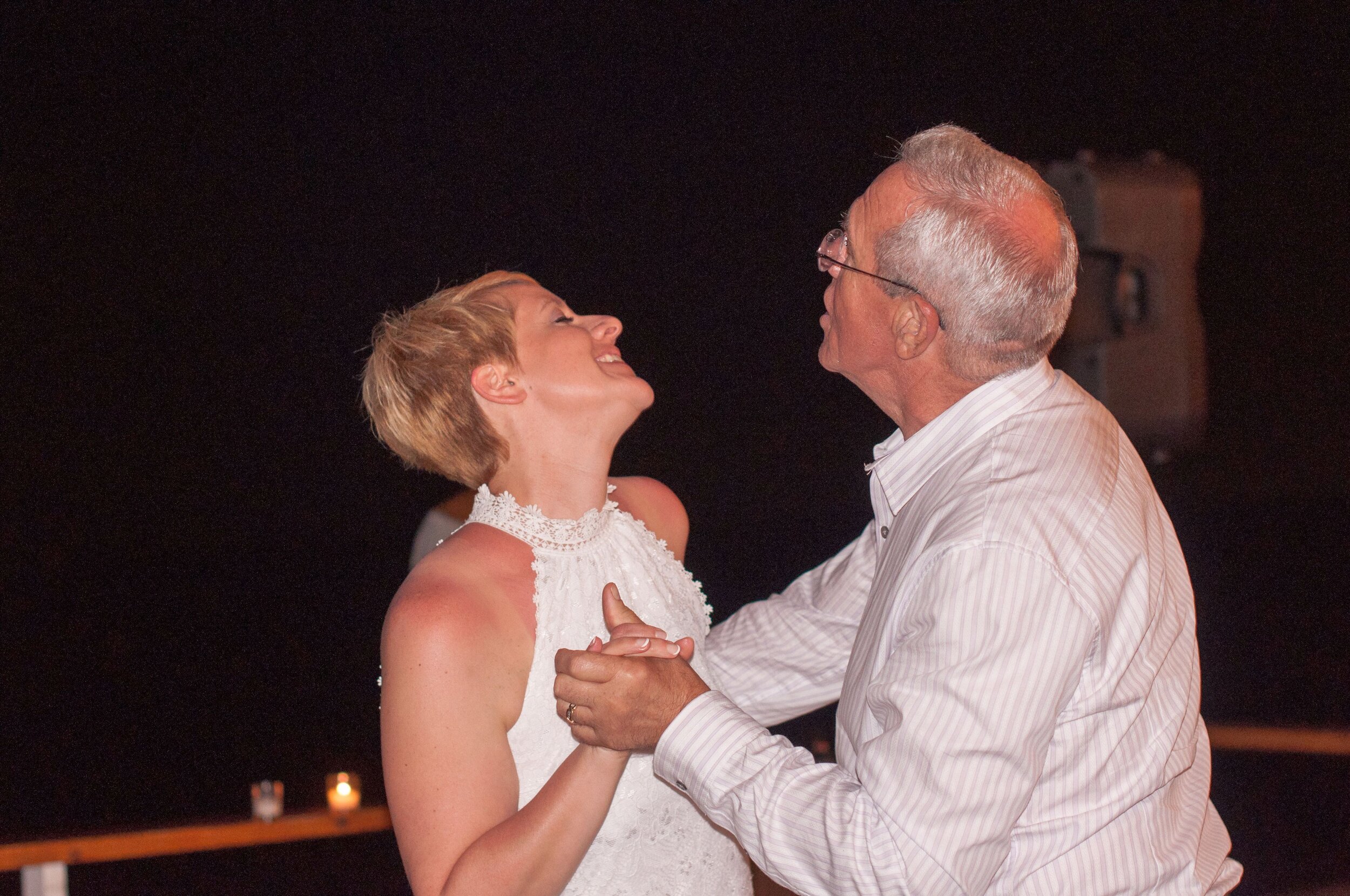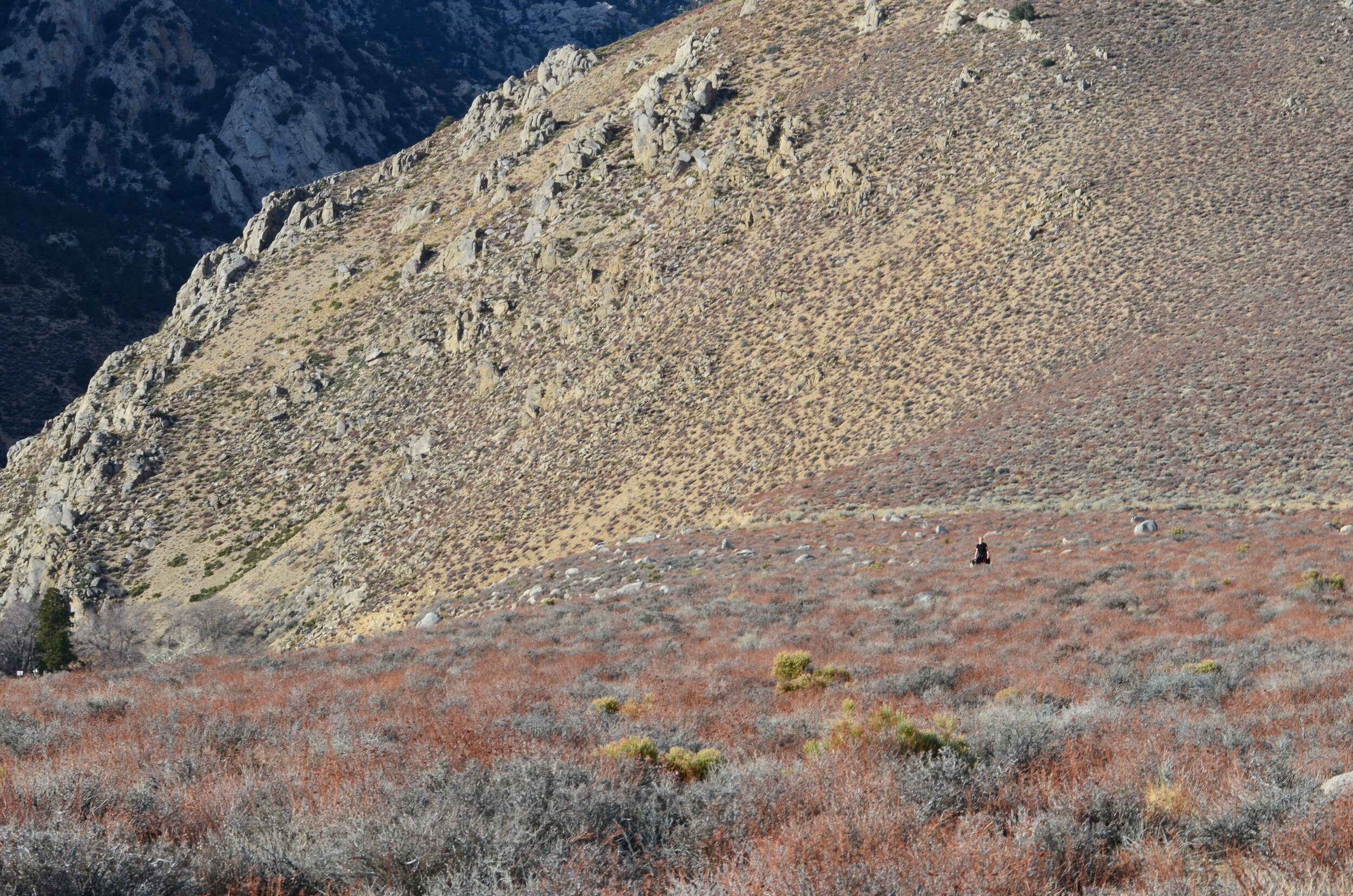Right there at the border, children less than a year old, no older than ten, are being torn away from their mother’s grasp and placed in a lonely, ill-equipped detention center.
This is trauma that will be imprinted on these children’s hearts and bodies. This feeling that they are not safe. This story that they do not belong. This terrifying anxiety, “Where did my mother go?” “Why did they take my daddy?” “And will they return for me?”
No matter our opinion on immigration, I know each of us feels deeply for these frightened children.
No matter our opinion on immigration, I know each of us want to spare these children this horrifying pain of separation—just like you want to spare your own child, or niece, or godchild, or neighbor’s kid.
No matter our opinion, we belong to each other.
Sometimes, though, we forget.
We forget because we get scared.
Be not afraid. We belong to one another.
We forget because we think there isn’t enough to go around.
There is enough. When we do it together.
We forget because we think there needs to be winners and losers.
That’s a boring old story that we are ready to outgrow. When you lift up another, you lift up yourself. Your liberation is my liberation.
We forget because we see skin, status, salary, sexuality or political party, and we stop looking, we stop seeing.
Underneath all that, we long for the same. We want to feel safe. To feel free. To be seen. We belong to one another.
********
Then, there are the parents who have lost their children at the border.
In Glennon Doyle’s blogpost: Emergency Love Flash Mob for the Children (which raised $1 million in 9 hours to represent these children, and over $1.5 million total), I appreciate how she conveys a major shift in our government’s immigration policy. “Historically,” she says, “the government has treated immigration violations as a civil—not a criminal—offense.” What this meant was that families were not torn apart while the issue was resolved. That's changed.
Suddenly, these parents are seen as criminal, and treated harshly.
These parents, like so many of our parents, and grandparents, and great-grandparents, and great-great grandparents and so on, are risking their lives in faith for a better one, here, in the land of the free, home of the brave.
No matter our opinion on immigration, each of us can connect to that deep desire to live in freedom, to live in security, to live in hope for more for our children.
No matter our opinion on immigration, I know that if we as parents risked our lives for our children’s sake, and our actions were then deemed criminal, we would want to know our children are safe, fed and fairly represented. We ourselves would want to be regarded with respect, acknowledged for our bravery, understood for our humanity.
No matter our opinion.
********
But our opinions do matter.
I should know, I was voted “Most Opinionated” in my high school senior class.
They matter because they’re exactly what’s getting in the way of humanity.
Our opinions—as sound, brilliant and thorough as they usually are—can get in the way of us achieving whole and lasting transformation in our country.
Our opinions keep us in our head, not in our heart.
Our opinions make us certain, so we don’t have to feel uncertain or uncomfortable.
Our opinions protect us from being vulnerable, wrong, mistaken or incomplete.
Our opinions shut us down from curiosity, and compassion.
Our opinions allow us to be right—but not in relationship.
Sure, opinions can indeed change minds—but not if you haven’t first made an authentic, heartfelt connection, where openness and possibility reside.
My experience has taught me that connection and intimacy require spaciousness. Everything is moving so fast in our culture, that there is no space for Life to be felt. Or relished. Or enjoyed. Or appreciated. Like there usually isn’t enough space for the nuances, the complexities—in conversations, in relationships, in that moment—to reveal themselves, so we jump to these labels, these stereotypes, these opinions, these automatic, conditioned responses. We just start responding without thinking, without reflecting, without hearing, without pausing.
Pausing is where intimacy happens. Where connection happens. Where something other than what we’ve always known becomes possible.
If we want whole and lasting transformation in our country, we have got to learn to pause. To stop our mind from automatically responding with its opinion. Between that moment when we hear a person’s differing opinion and when we choose to respond, we must practice pausing our mind.
Create a space. A gap. A crack. A window. Where a new idea, a new possibility, a new connection can be born. Where humanity gets a little bit bigger, and a little bit closer.
It’s in those spaces, cracks, gaps, windows, pauses, that Spirit can be heard.
Where the us vs. them, the right vs. wrong, the good vs. bad fall away,
and we see each other as brother and sister.
We’re living in the same household, but wow, how we see things differently, right?
If you’re really courageous, in that pause, turn toward curiosity. Genuine curiosity. Heartfelt curiosity. Not the kind where you’re just gathering evidence so you can disprove their point. But genuine curiosity as to how this person with his/her life experience could hold this opinion.
Now, when we step outside our echo chambers, and engage someone with a different opinion, especially one as heated as immigration, remember you are brave. No matter the side you’re standing on.
It is HARD WORK to engage difference. To be open to something new and unfamiliar. Newness is scary to our mind. Its job is to maintain status quo. To keep things the same. If your mind is not well-practiced at listening, receiving, and wondering about our differences—then more times than not, it will shut down or fight back.
I read an article from PBS titled: “’Nothing normal’ about U.S. detaining immigrant children.” Hashtags followed: #NotNormal
100% I agree. This is not normal. This is not okay.
But to a person who passionately opposes immigration, when they read that title, perhaps what they hear instead, is some rendition of: “I’m a bad person.”
It’s likely they don’t hear those thoughts consciously, but rather, on a deeper level, their worth and personhood feels threatened. When that happens, his/her mind must defend. It’s what the mind does.
I know, I know, to someone who welcomes the immigrant, your mind might be saying, “They are a bad person.” Fine, that may or may not be true. What I’m saying is, it may not be effective. Nor helpful. Nor in alignment with who you say you are: a person who values the worth and dignity of every human being.
So, what if we gave as much care and attention to the person with whom we disagree, as we do the immigrant?
What if we set our opinion aside? What if we paused? What might be possible? We won’t know until we try.
I’m not saying stop. Keep shouting “This is not right!” “This is not normal!” All that needs to be said. Again and again and again. What I’m saying is it may not be enough.
There may be more we are called to do.
Especially for those of who us who are not in harm’s way.
Yes, send your money. Yes, write your representatives. Yes, share the story and shine awareness.
All of that matters. Don't stop.
And let’s not stop there. Perhaps an even braver, harder thing we can do is go to our neighbor. Go to our family member. Get out of our echo chambers and engage someone different than ourselves.
Create space between your thoughts and opinions.
Be open to intimacy and connection.
Let Spirit be heard.
Turn toward curiosity and compassion.
Imagine in this everyday, mundane moment, a new world is being born.









